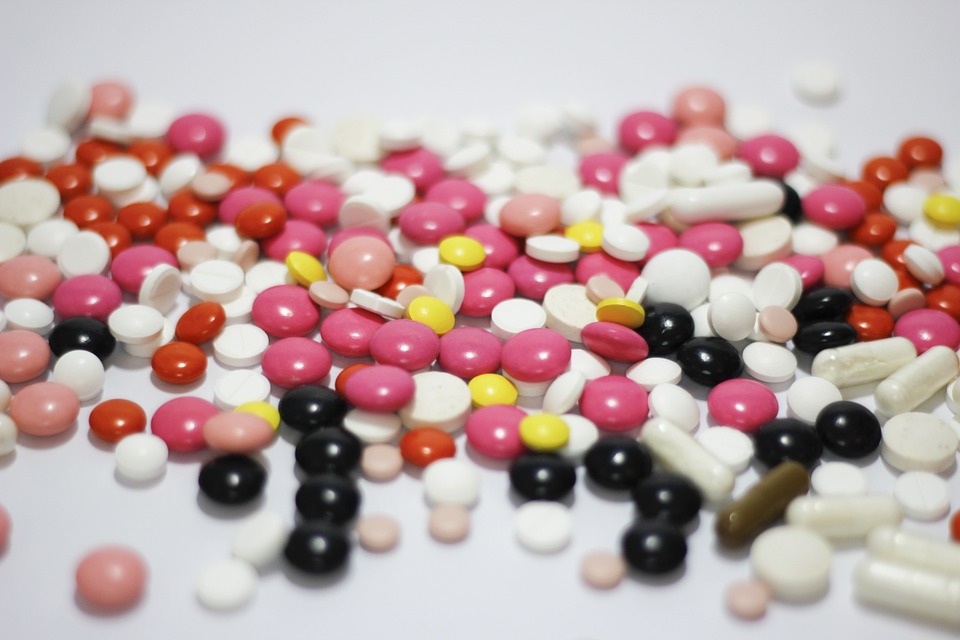How bad science made a drug a best-seller Leave a comment
Article from What Doctors Don’t Tell You
By Bryan Hubbard
Lyrica (pregabalin) is one of the world’s best-selling drugs—but its success is as much to do with bad science and unfounded claims of medical researchers.
Inspired by the model adopted by the tobacco industry that used ‘science’ to safeguard its profits, researchers at McGill University in Canada looked at the ways that hype has been built up about Lyrica.
They discovered that doctors were prescribing the drug for conditions for which there was little or no evidence that it could help. In one example, the researchers found that the drug has been prescribed for more than a decade as a treatment for low back pain—but there haven’t been any large rigorous trials that prove it’s effective.
Surprisingly, these unfounded claims haven’t been driven by the manufacturer—at least not directly—but instead by researchers who have been awarded funds by government agencies or their own medical centres.
As a result, clinical trials are doing the very reverse of what they are supposed to do: they are designed to alert doctors and patients to ineffective and costly treatments, when instead they are promoting them, the researchers say.
Although ‘off-label’ prescribing—when a drug is prescribed for a condition for which it was not originally intended—isn’t wrong, it does need to be done with a solid body of evidence behind it, the researchers point out.
References
(Source: JAMA Internal Medicine, 2018; doi: 10.1001/jamainternmed.2018.5705)

